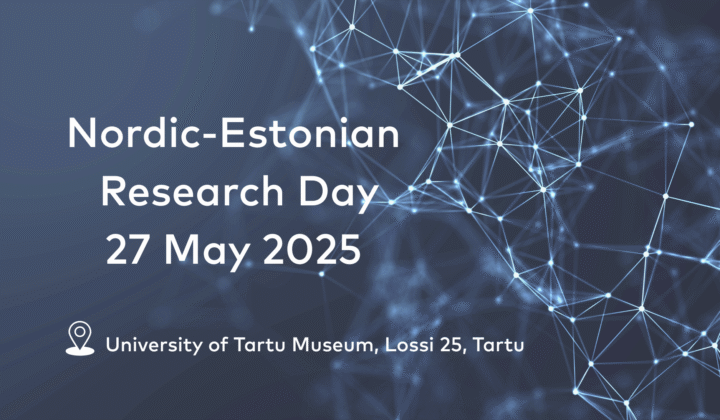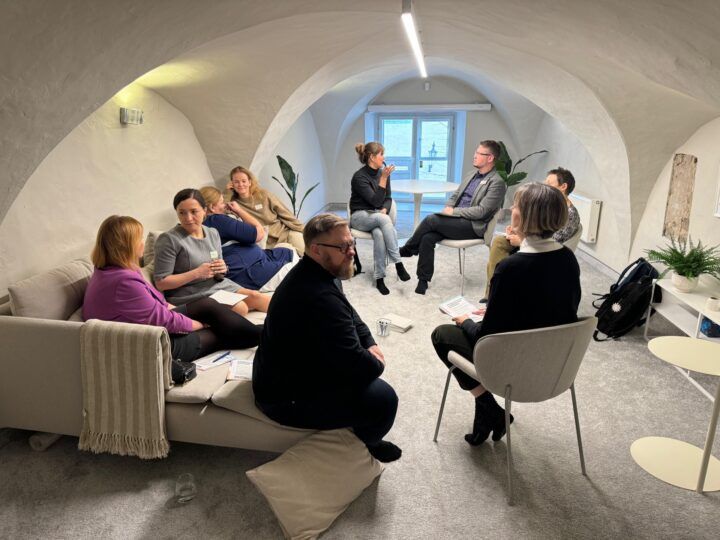Study visits of FOR-IN integration project: learning from good practices in refugee and immigrant integration from Denmark and Sweden
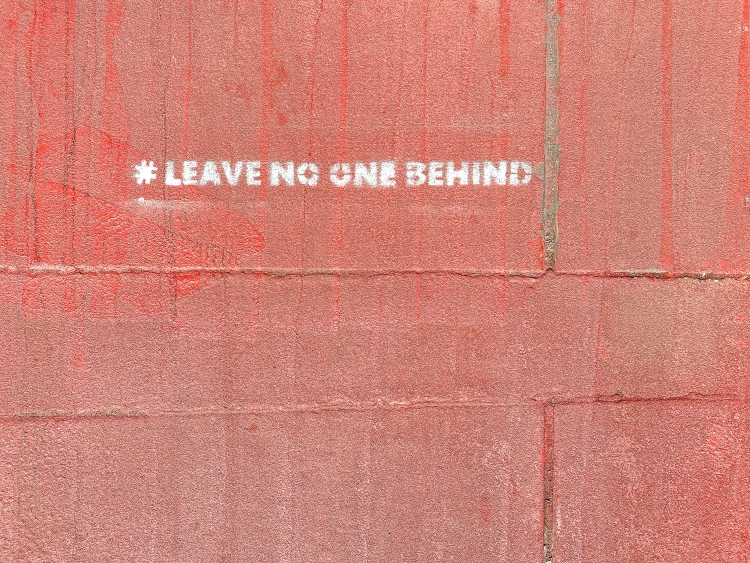
On 5-9 December 2022, the implementing team of the Nordic-Baltic Initiative For-In (Fostering refugee and immigrant integration/For Integration) together with UNHCR Representation for the Nordic and Baltic countries, and partners organized the study trip to Denmark and Sweden for national and local authorities from the Baltic countries.
The aim of the study visits in Denmark and Sweden was to acquire the knowledge about the local integration policies and cooperation with NGOs to reinforce local level reception/integration capacities and the development of holistic local level integration action planning in the Baltic municipalities. It was anticipated that through meetings and discussions at hosting municipalities in Denmark and Sweden regional networks of integration practitioners will be built to further facilitate knowledge exchange.
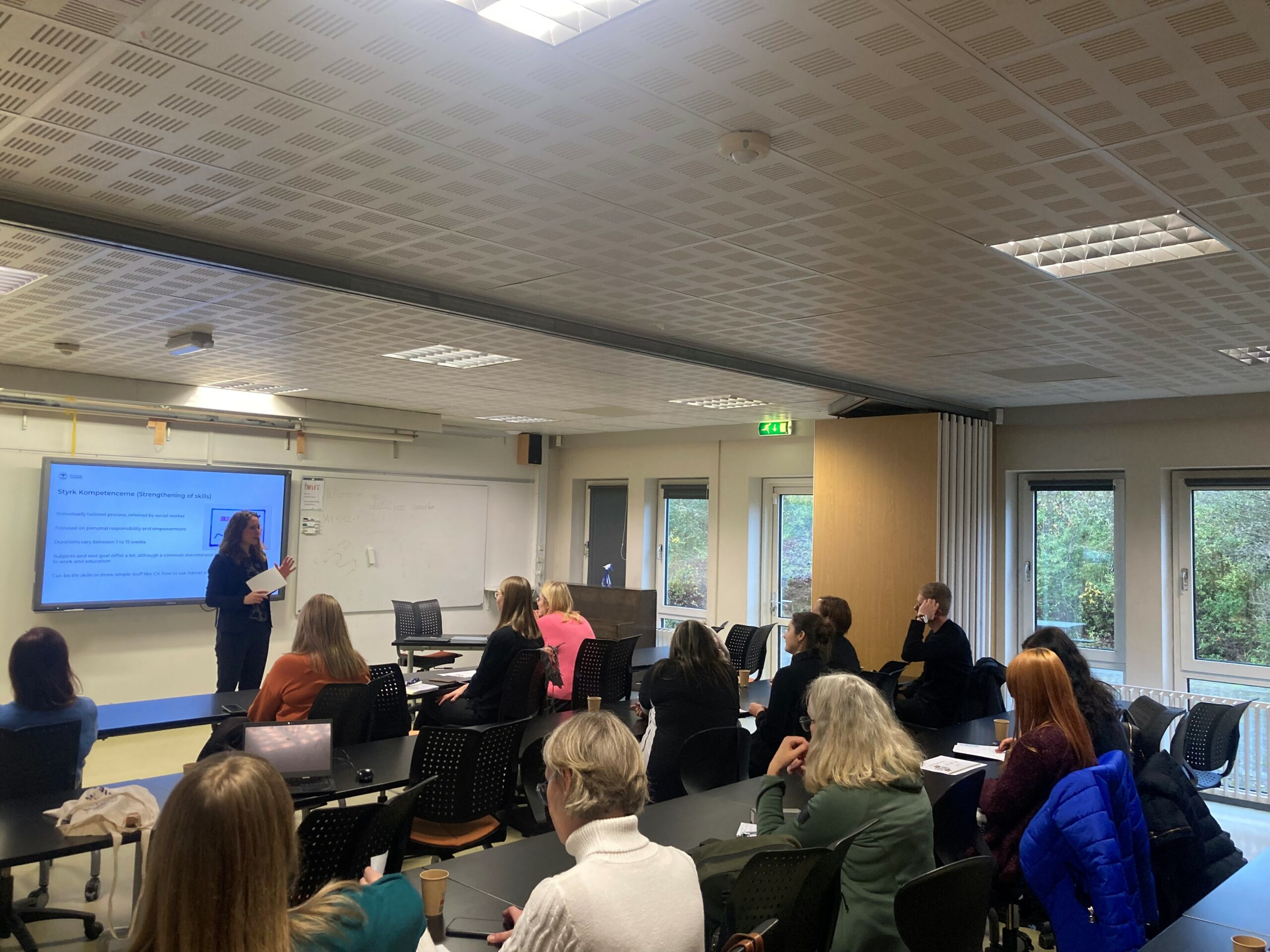
CLAVIS Roskilde language school and competence centre labour market
The Baltic delegation
The Estonian delegation consisted of representatives from the local governments of Tartu City, Pärnu City, Jõhvi City, the Association of Estonian Cities and Municipalities, the Estonian Ministry of Culture and coordinating project partner Tartu Welcome centre.
The Latvian members were from the local governments of Jēkabpils, Jelgava, Balvi, Aizkraukle, also the representatives from the coordinating project partners Social Integration Foundation and Providus.
From Lithuania there were the civil servants from administrations of city municipalities of Vilnius, Klaipeda and Siauliai, also Akmenė District Municipality. The delegation was joined by a representative of the Lithuanian Ministry of Social Security and Labour and the local coordinating partner Diversity Development Group.
On 14 December, 2022 Diversity Development Group will organize an online country specific seminar and group discussions based on the knowledge gained from the meetings in Denmark and Sweden by inviting the Lithuanian municipalities interested in competence building about the integration of newly arrived.
Study visits programme: focus on challenges, opportunities, and solutions
In Denmark the Baltic delegation visited municipalities of Roskilde and Gentofte where they were acquainted with the local level integration ecosystem, including linkages to national level policies and municipal programmes, learned about the cooperation with civil society and NGOs, had meetings at day-care centres, language schools and private companies. The focus of the discussions was on challenges, opportunities, and solutions – what works best. Site visits were organized to places where integration services are provided, including language school and vocational training. The key NGO, Danish Refugee Council, shared their experience in working with municipalities.
There was also a meeting at the Agency for International Recruitment and Integration where the overview of national level integration policies and linkages to integration work in municipalities were presented.
In Eslöv municipality, Sweden, the delegation learned about the integration work together with different NGOs, including language tuition (ABF), digitalization (Studiefrämjandet) ‘Pippi power’ (Save the children), and labor market inclusion.
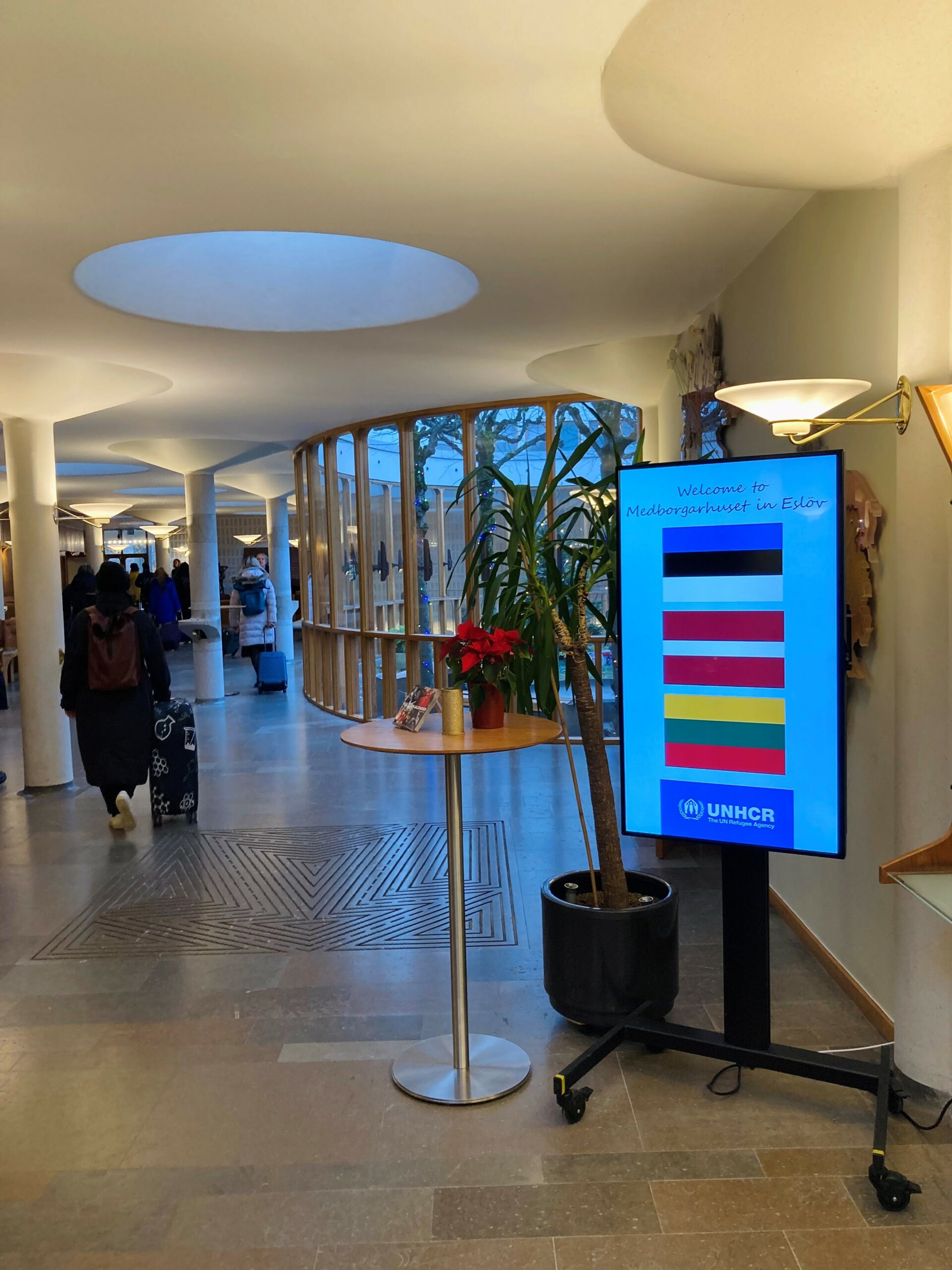
Medborgarhuset, Eslöv
An intensive program was planned in Sweden. During the visit in Malmö the Baltic partners learned about Skåne Partnership in depth and met representatives of Malmö municipality. Skåne Partnership is well known for its holistic and inclusive integration strategy of newly arrived refugees and immigrants focusing on long-term work for participation and knowledge.
There were also meetings with the NGOs which are providing integration services for refugees and immigrants, such as the International Women’s Association (IKF) and “Hej Främling” (Hello Stranger!)
In Lund municipality more knowledge was delivered about the cooperation between municipality and NGOs to coordinate the activities addressing Ukrainian refugees’ situation in Lund.
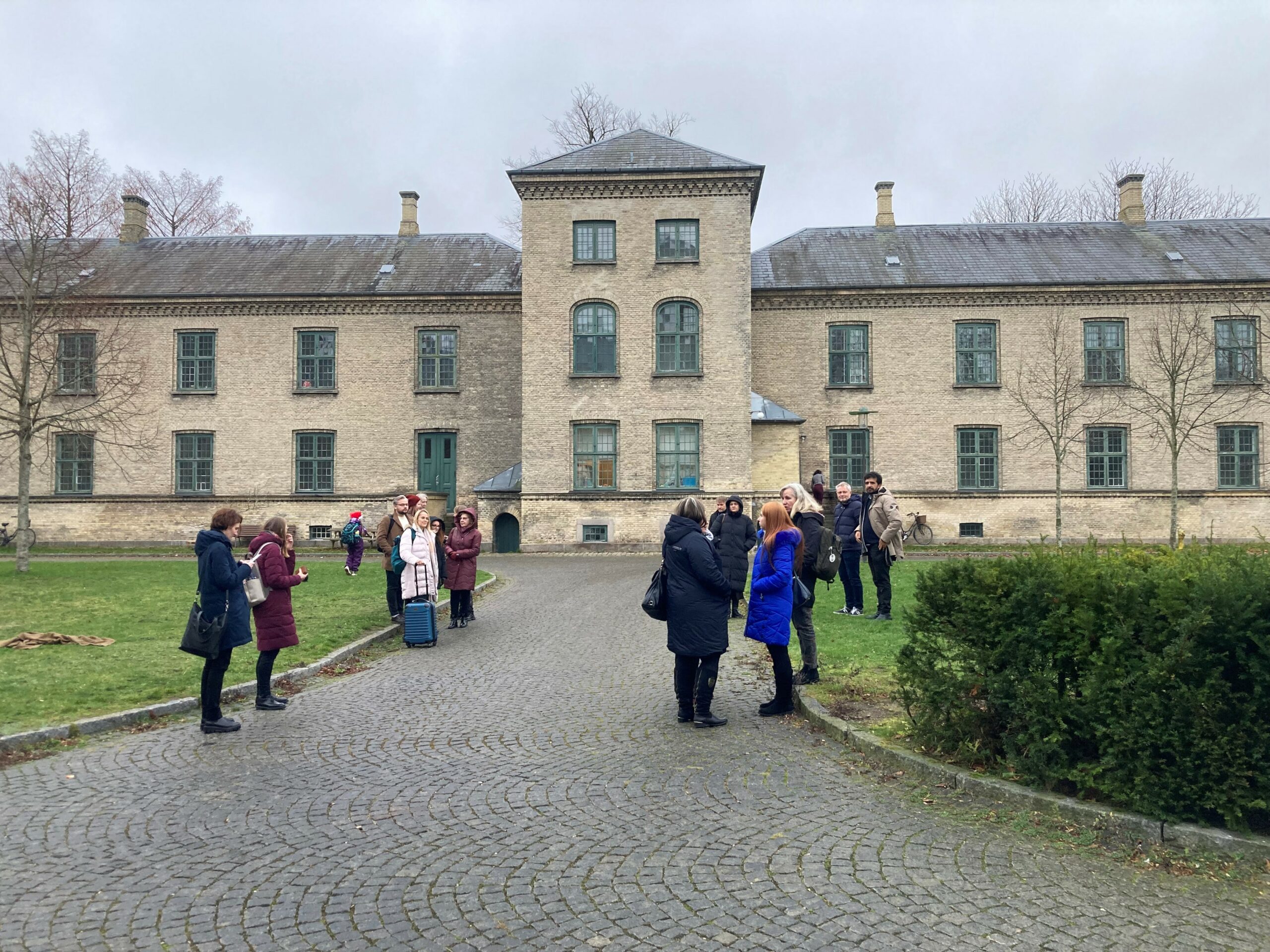
Sct. Hans temporary residence for refugees in Roskilde
About the FOR-IN project
The Nordic Council of Ministers offices in Lithuania, Latvia and Estonia, and UNHCR Representation for the Nordic and Baltic countries have launched the comprehensive FOR-IN integration project together with authorities, and NGOs from across the Nordic-Baltic region.
The project will run for two years (2022-2024) and connect various actors, ranging from ministries and municipalities to NGOs and actors with refugee and migrant background.
The aim is for the Nordic and Baltic countries to learn from each other’s experiences and ultimately, engage local actors and refugees themselves better in the integration processes. The project partners will learn from each other by participating in conferences, events, and study visits across the region.
UNHCR is supporting the project financially and acts as advisor, facilitating dialogue between the different participants in the project, and ensuring the participation of refugees and migrants.
